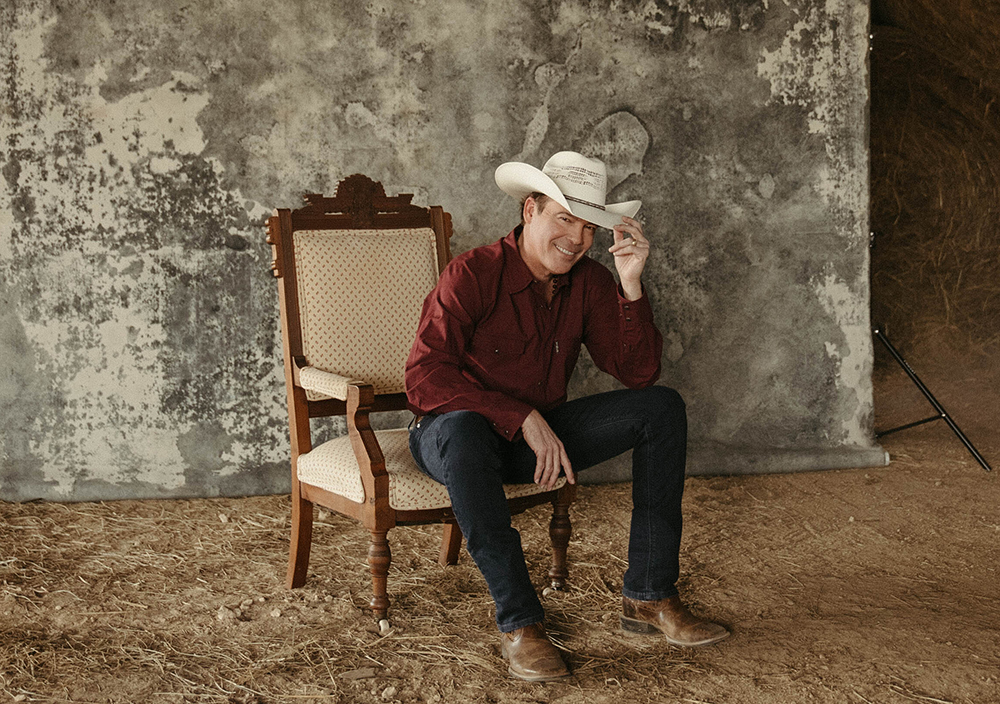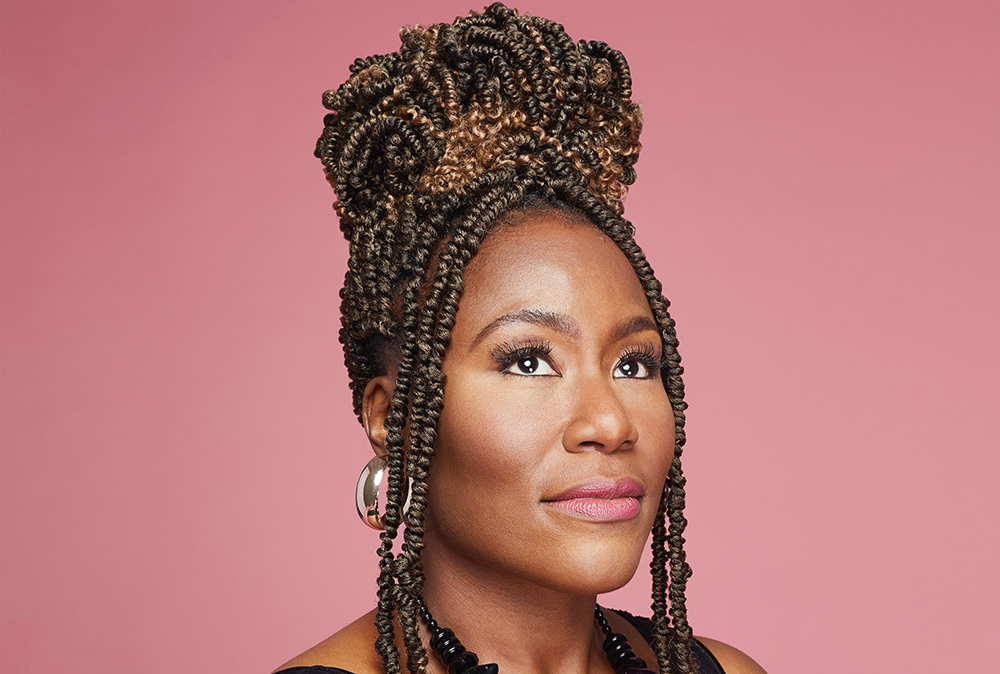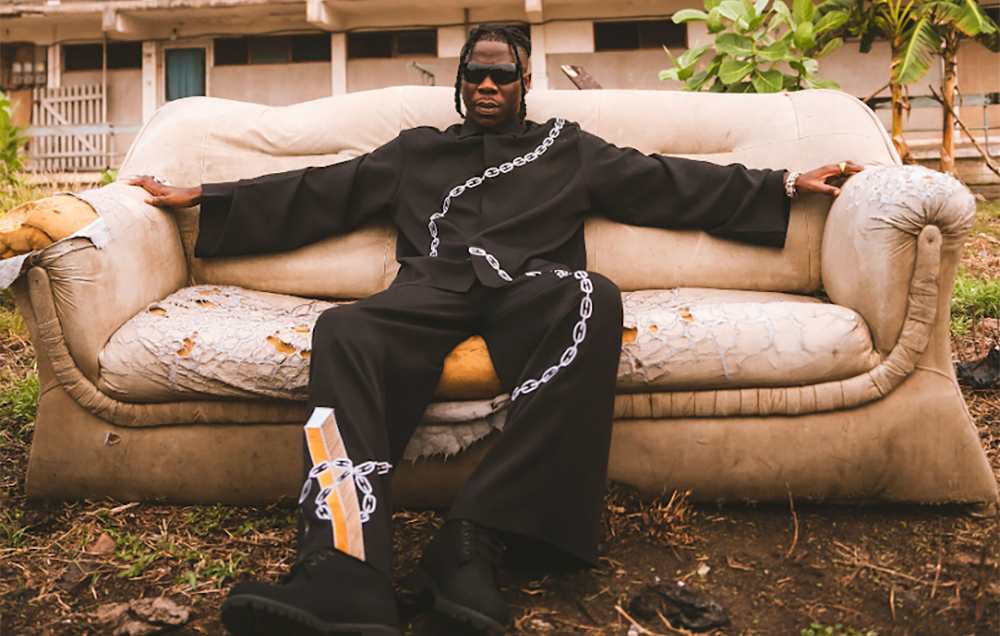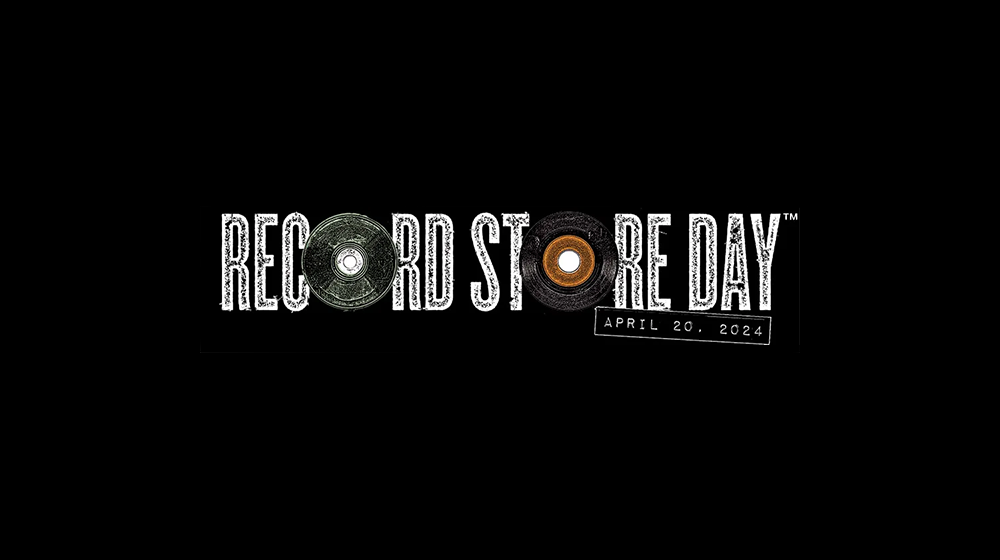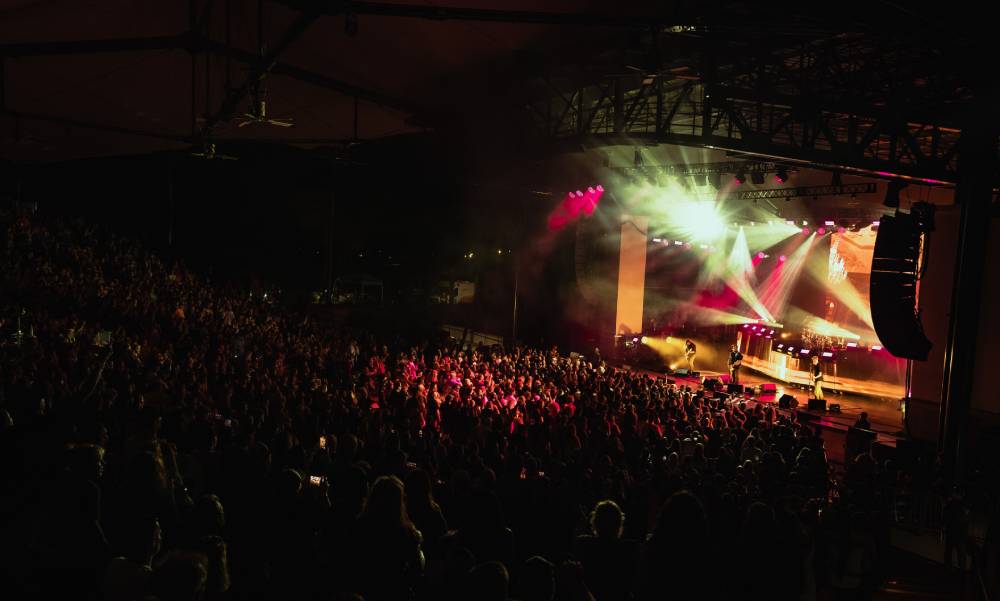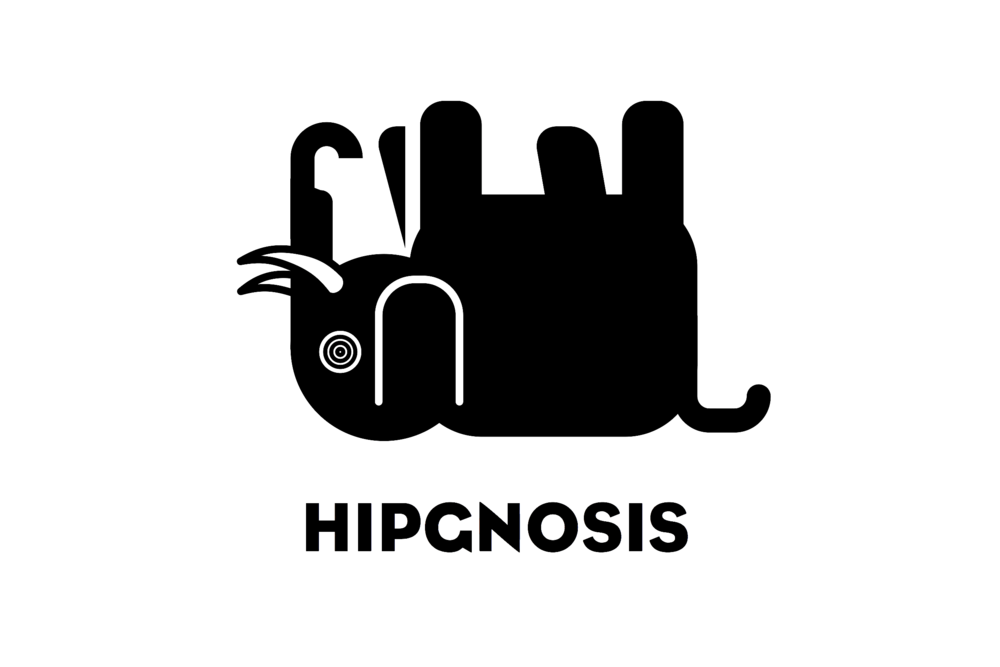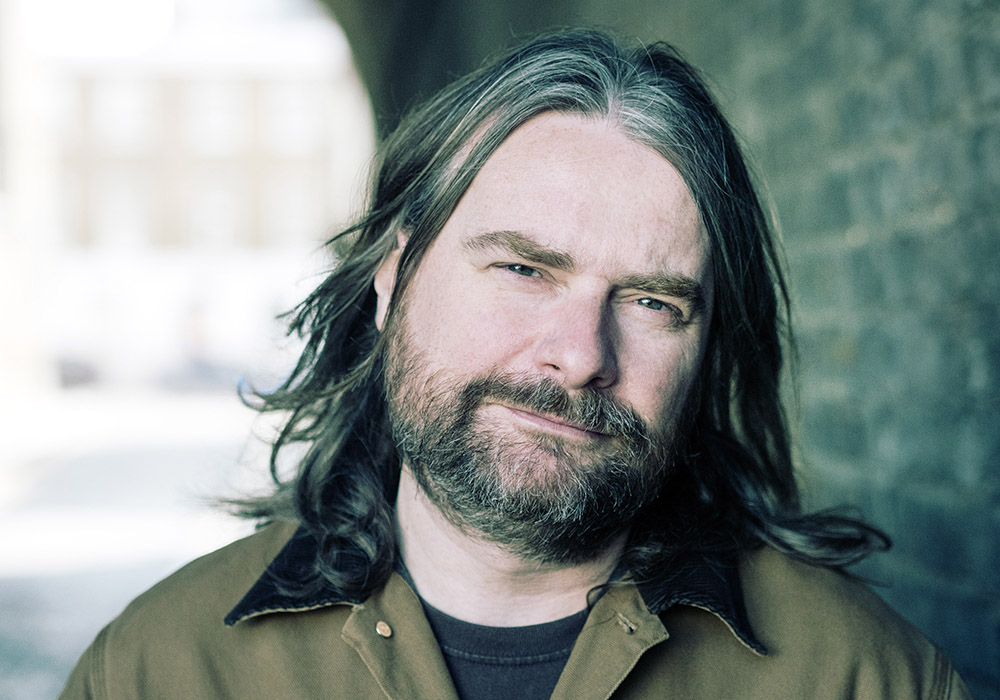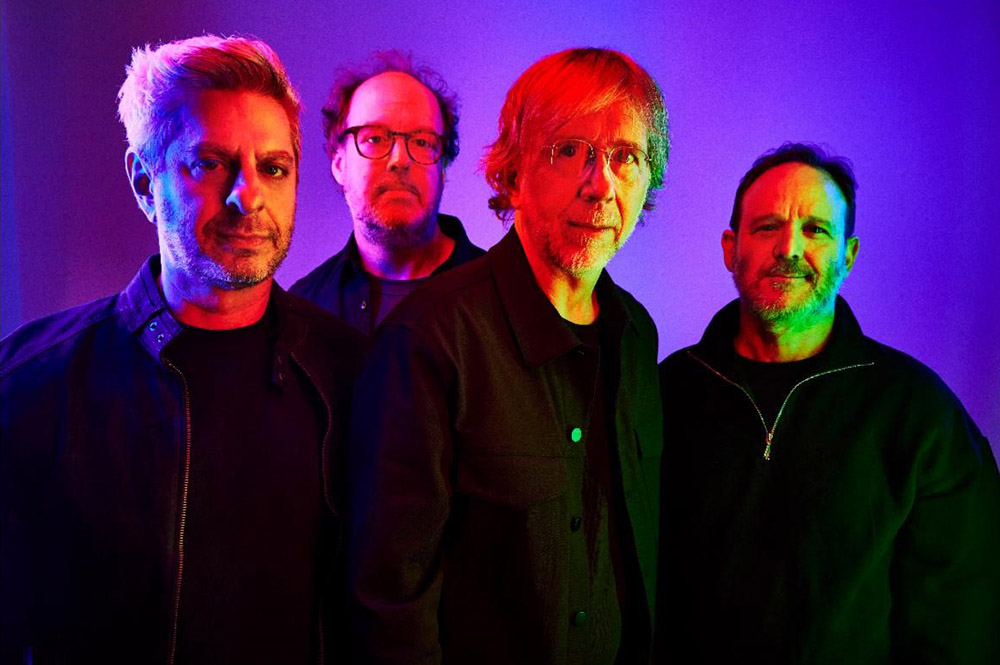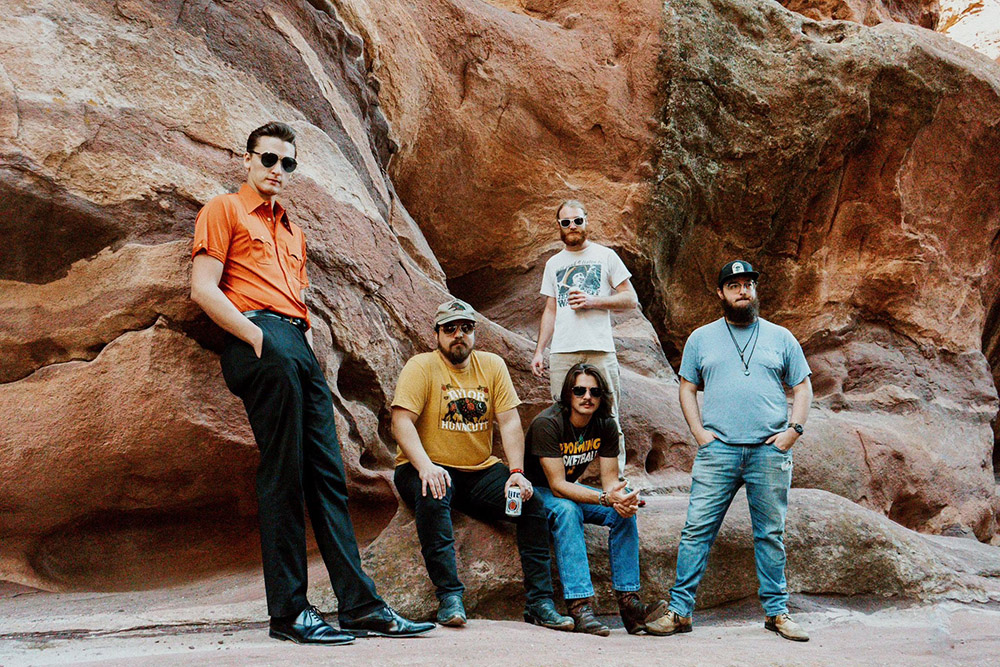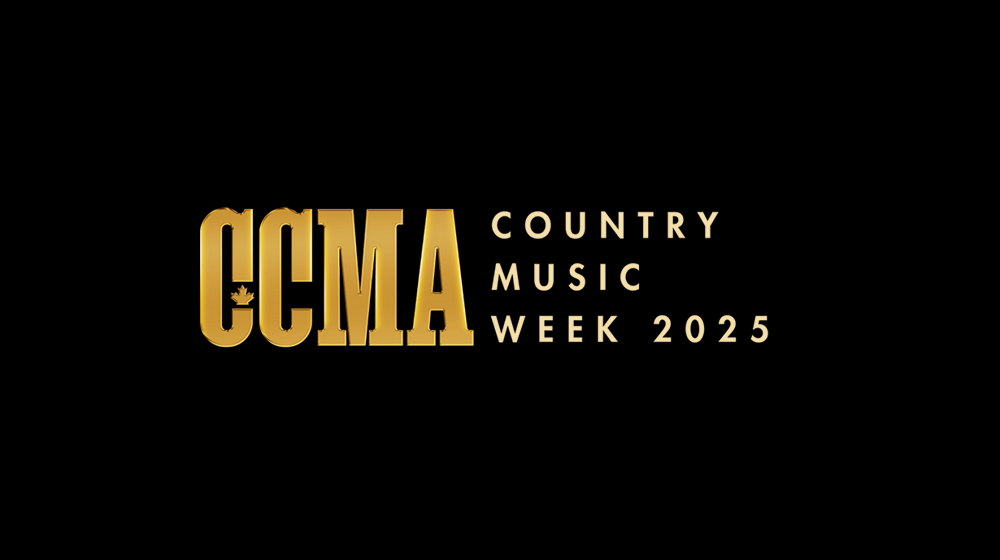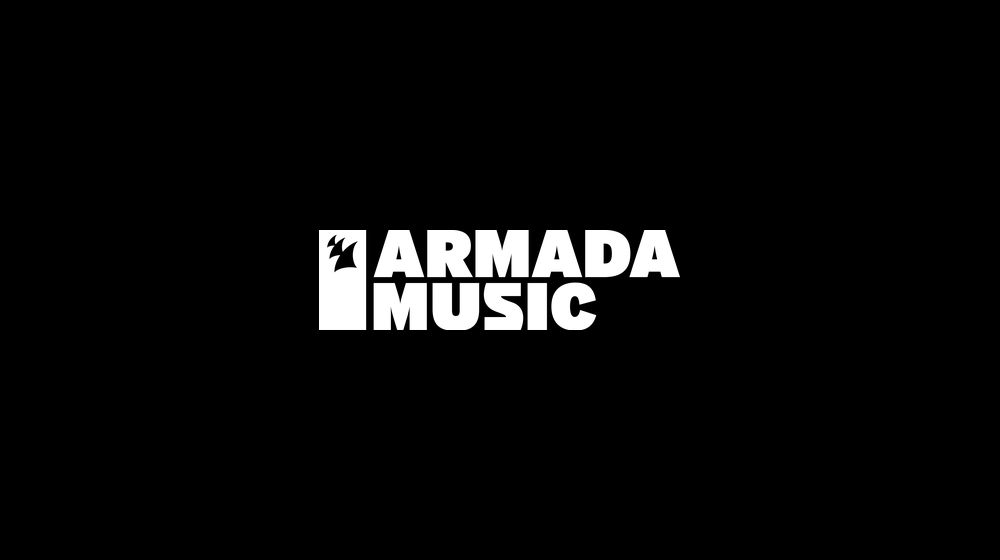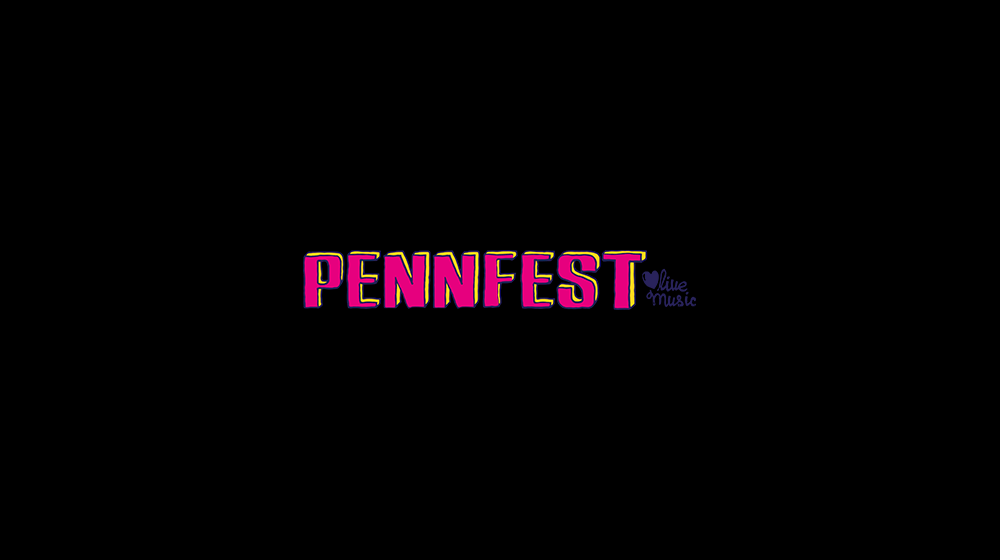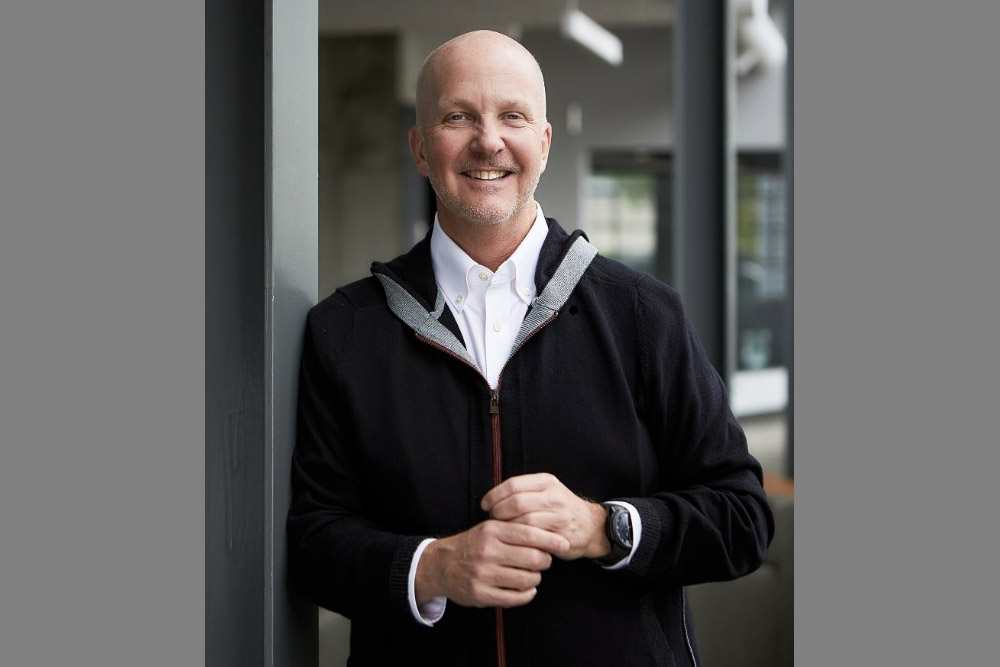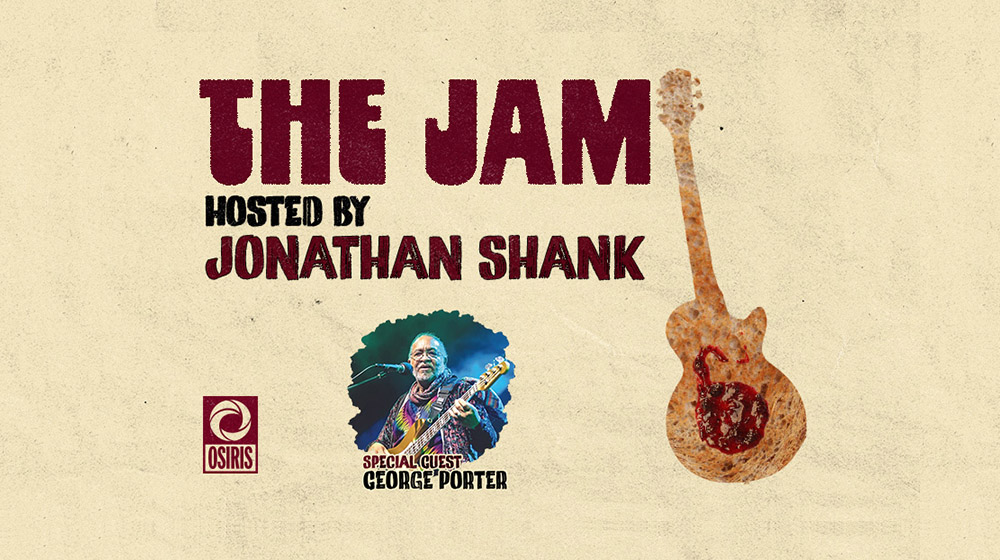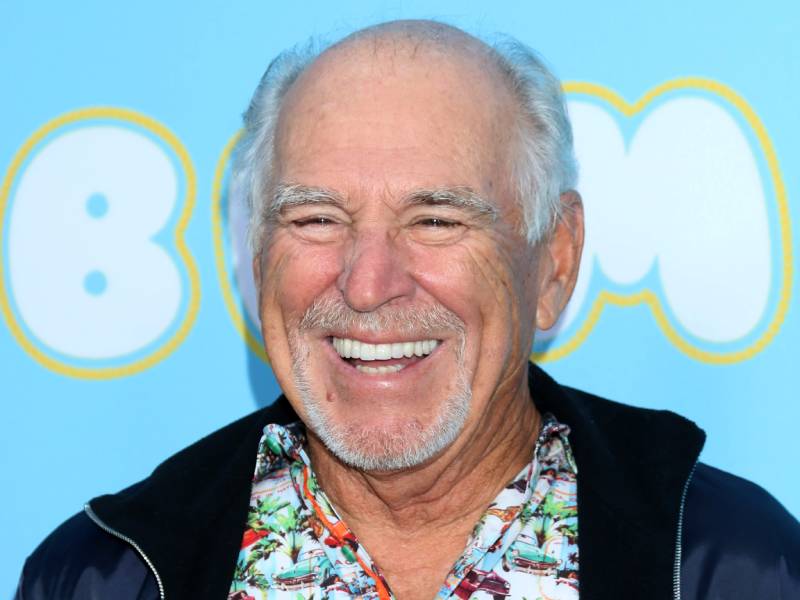
NEW YORK (CelebrityAccess MediaWire) – Over the course of their career, Dream Theater has carved out a niche in the world of hard rock, characterized by their distinctive melody, instrumentation and arrangement.
Over twenty-five years since their formation, Dream Theater continue to cultivate, curate and protect their status as worldwide niche tastemakers on their eleventh studio album, which was produced by the band's own John Petrucci and mixed by hi-fidelity magician Andy Wallace (Nirvana, Prince, System Of A Down).
"I'm ecstatic with the way the album came out," proclaims James LaBrie, whose lead vocals are instantly recognizable as one of the strongest elements of the well-established Dream Theater sound. "It's the album we had to make. I think we've once again touched on what in the earlier years gave us our originality and our identity. We infused definitive styles that were predominant in our music: the progressive end and the metal end, with the melodic element pretty high up on the list of priorities."
It is an album born from transition, crafted with studied persistence and possessed by newfound freedom and free-flowing invigoration. A Dramatic Turn of Events strikes the perfect balance between Dream Theater's intimate history with all that is heavy, progressive and melodic with each element fully realized. Longtime fans of the band intrigued by the speediness of the notes on display from Dream Theater have much to study on the new album, while fans of melodic hooks will find equal pleasure within the songs.
The heavy compliment one another without the risk of one overshadowing the other. Dream Theater knew they wanted the album to be both heavy and melodic (musically and vocally) and with that determination of vision they obtained that goal. It's the natural culmination of a rightfully celebrated career that has endeared them to millions of fans.
Lead guitarist Petrucci and bassist John Myung have a relationship dating all the way back to middle school. Kindred spirits united by their shared devotion to constant study and rehearsal on their respective instruments, they formed the nucleus of what would become Dream Theater with a fellow student at the Berklee College of Music named Mike Portnoy. The second Dream Theater album, Images and Words, introduced the world to LaBrie while achieving gold status and heavy MTV rotation for "Pull Me Under."
The band took a step toward its modern lineup with the addition of keyboardist Jordan Rudess, who made his recorded debut on their sixth album, Metropolis Pt. 2: Scenes from a Memory. Thanks to fan embraced releases like the dark Train of Thought (2003) and the much more diverse Octavarium (2005), Dream Theater has sold well over ten million albums worldwide, including over two million in the United States.
Dream Theater found themselves at a career crossroads following the departure of longtime drummer, co-producer and unofficial spokesman Portnoy. But the addition of Mike Mangini (the result of a search and audition process documented in a highly-viewed YouTube series) and the remaining members rededication to each other and their band has resulted in a creative resurgence overall. The personalities and individual talents possessed by Dream Theater behind the scenes were strengthened by adversity, with each rising to the challenge individually and collectively as Dream Theater pushed forward.
"When I came upon the title A Dramatic Turn of Events, it really spoke to me as so perfect to what the content of the album is in general," Petrucci explains. "Most of the songs deal with some kind of major change, whether in one person’s life or the lives of many on a grand scale. Whether it be uprising that’s happening now in the Middle East or some even in history or some incredible spiritual or personal journey that somebody went on that they had to go through to get somewhere else and become a better person.
"That theme of metamorphosis was really constant throughout the lyrics," he continues, noting the obvious change within Dream Theater as well. "Not on purpose, maybe subconsciously, because of what was happening to us, that album title just fit so perfectly. 'White elephant' or not, it was perfect."
The positive recharge within the re-calibrated group played into the dismissal of an angrier side they had previously experimented with. "Dream Theater has always had a basis of metal mixed with prog, that's who the players are at the core, [but] over recent years we were going into the arena of being growly," Rudess points out. "We withdrew from that a little bit. We thought about who we are – the remaining forces in the band – our personalities and where we were coming from. The music remains heavy, of course."
"There's as much metal as there's been in the past," he continues. "We also focused in. When we got progressive and instrumental, we took it an extra step. We've gotten a little crazier than we've done before. There are some tunes like "Outcry" which is such an example of us going full tilt and turning on the progressive maximum. We had fun. The instrumental madness really comes through on that."
Which isn't to say the new Dream Theater is all about the blur of fast-paced notes they are often (rightly) credited with popularizing within the genre, because they also love great melodies. "I always tell young musicians that having a good technique is not about playing fast, it's about playing slow," Rudess clarifies. "If you say someone has really great technique it's because anything they have in their musical mind can come through the mechanism that they're using. JP can express a beautiful melody lyric melody line as well as anyone else. That to me is a really good technique – It’s not always about 64th notes."
A Dramatic Turn of Events is the perfect representation of Dream Theater for 2011 and beyond. There's the progressive elements, deeply serious lyrical topics ("I often joke with JP about how he can't just write straight loves songs," notes Rudess), strong ballads, some wacky fun and no shortage of heaviness.
"This is a top three Dream Theater album for me," LaBrie states. "There’s just something about this album that I think really touches on some of the elements on our music that really made this band shine as far back as 1992 when we released Images and Words. I think that put us on a level that was hard to ignore. I think this album solidifies that. We’re still the band we’ve always been. We’re keeping it contemporary and taking it to a whole new level. With all the body of work, this album proves we’re continuing to better ourselves and continuing to write the material we think is the best material we’ve ever written."
Petrucci concurs. "The mood the songs have, the infectious nature and depth of the music, the depth of the subject matter, I think it’s going to be something of a shining light amongst a few others in our catalog for years to come. You always hope people enjoy it, you can’t predict, but I have a strong feeling that this is going to be something that our fans, and even new fans relate to on a different level."
"We're just having a great time on the road. Everything has really come together," Petrucci concludes. "To deal with the departing of one band member to finding a new one that fits in like a glove, making a great record and finally be out on tour and playing in front of people has been unbelievable. Everyone has been incredibly accepting, gracious and wonderful. I look out every night and see hands up in the air and smiles. We had a definite mission that we were on from the moments before we walked into the studio with our whole tour and upcoming album. I feel great about it. I feel like we’re in a really great headspace."
1. Noting your current album is called ‘A Dramatic Turn Of Events,’ what dramatic historical event would you like to have witnessed?
John Petrucci (Guitar and Vocals): Many of the events occurring recently that are shaping the world we live in have to do with uprising and breaking free from oppressive rule. Our own American Revolution must have been an incredible moment to have lived through.
Jordan Rudess (Keyboards and Continuum): Beethoven’s Ninth Symphony was premiered on May 7, 1824 in the Kärntnertortheater in Vienna, along with the Consecration of the House Overture and the first three parts of the Missa Solemnis. This was the composer’s first on-stage appearance in twelve years; the hall was packed. I would certainly have wanted to witness that!!
Mike Mangini (Drums): One dramatic historical event that I would have liked to witness was Jesus walking on water to the boat full of apostles. That ranks high on my list of “jaw dropping” events.
2. Can you talk about a song or musical moment on the new album that you feel brings you as a musician and/or the band to a new level?
JP: For me, including the song “Beneath The Surface” on the new album was something unique and special. It is a song that exposes a very personal subject matter in a song structure that is a bit different from what DT is known for. Taking those types of risks makes for a more interesting and compelling album.
JR: I feel that the song “Outcry” really brings our band to the next level. Although it is surrounded by some very majestic thematic sections, the whole center section of the song is the wildest prog we have ever written. When we play it live, it is like this amazing ride that you strap yourself into and make a commitment to and when you finally reach the end, you feel like “wow” that was cool!!
MM: One musical moment on the new album I feel brings the band and me to a new level is the first “riff” section in “On the Backs of Angels.” I had practiced hard to play this, so I got better from it. This section features a level of coordination that allows me to orchestrate the simultaneously (but different) parts played by the guys. The ‘Johns’ [Petrucci,guitar; Myung, bass] are playing in unison and Jordan is playing a different part. I feel that by coloring it in rather than layering on another complex part, or too simple a drumbeat, is very different for DT.
3. If you were to record a duet with an artist outside the genre of music for which you’re known, who would that be and what song would you cover?
JP: I would love to record a version of “In Your Eyes” with Peter Gabriel.
JR: It would be cool to do a duet with Yo Yo Ma. Maybe an arrangement of “Ruby Tuesday” by the Rolling Stones–that would be beautiful.
MM: If I recorded a duet with an artist outside of the progressive rock genre, I would record a drum track with Violinist Itzhak Perlman. In this duet, I would orchestrate his violin part on the drums like it was a drum solo with associated musical notes.
4. The new album proves that you guys remain as uncompromising and fearless as ever; 3 of the 9 songs clock in over 10 minutes. What do you feel these expansive song lengths enable the band to achieve musically?
JP: By breaking the boundaries of traditional song arrangements and time constraints, we are able to develop ideas more fully. The music is allowed to take some twists and turns, and take the listener on a more adventurous type of sonic journey. It also enables us to stretch out on record as soloists and to develop our lyrical concepts and musical themes more thoroughly.
JR: As someone who grew up studying classical music, the idea of longer forms feels very natural. It takes a while to fully develop and explore musical themes and emotions. We love the idea of taking the listener on a journey or “experience” and the longer form definitely allows that! All told though, we have nothing against a good standard song format and enjoy working in that form as well!
MM: The expansive song lengths we use in Dream Theater allow us to achieve a level of artistic completion with an idea. By being able to add sections in a song, or expand on them, we’re able to explore music like it is a journey rather than to play a recurring theme over and over.
5. If you could have a conversation with any historical figure, living or dead, who would it be and why?
JP: Well, he may not be a historical figure exactly but it would be amazing to sit down and talk with Walt Disney.
JR: I’d like to hang with Jimi Hendrix because to me he was the epitome of cool. He had a flow and trippiness to his music that influenced me so much. It would have been cool to feel the energy of the human being in person!
MM: I would have a conversation with Pope John Paul 2nd out of any historical figure. I would ask him how to interpret the philosophies of Aquinas, Augustine and Marcus Aurelius, as well as his own with regard to the use of musical talent as it affects the human soul.
6. As musicians who tour the world regularly, we’re sure you have had that classic night where it all goes wrong a la Spinal Tap. So can you describe your worst night on tour, ever?
JP: Although there are many embarrassing moments that I would rather choose to forget, there probably isn’t anything much worse than falling off the stage. It was a long time ago and very early on in or career. I literally walked right off the front of the stage and fell into the audience. You heard a loud “clunk” and it stung a bit but I got up and continued the song! I promise you’ll never see me do that again!
JR: The final night of our last tour we were in Mexico City, Mexico. It was a huge show! The total Spinal Tap moment was when 20 minutes into the show, my hydraulic keyboard stand got stuck in the down angle position! I played the rest of the show (one hour and forty minutes) on this very unusual angle, hoping that as each section went by I would be able to keep it all together. The whole band was looking at me and knew that I was in trouble! Some were taking pictures and others just looked at me sadly. It was amazing but true that I managed to play all the keyboard parts fairly well, even in this predicament!
MM: My worst night on tour can appear more than once in that it has to do with not enough warm-up time. This shows itself in the form of a song mess-up because I’m thinking about how to loosen up as quickly as possible. The level of mental and physical pressure I put on myself to play what it is my mind is greater than my body can accommodate if I am not warmed up enough. It is a rare night that I can just walk to the stage with no warm up and play, but it isn’t a random thing. I have to be feeling just the right combination of mental calm and physical looseness in order to do that.
Dream Theater
Availability: Call for Availability
http://www.dreamtheater.net
Agency (Worldwide)
The Agency Group Ltd.
Agency Relationship: Exclusive
142 West 57th Street, Sixth Floor
New York, NY 10019 United States
Phone: 212-581-3100
Fax: 212-581-0015
http://www.theagencygroup.com
Responsible Agent: (US) Steve Martin
Direct Phone: 212-581-3100
Fax: 212-581-0015
E-Mail: stevemartin@theagencygroup.com
Responsible Agent: (Canada) Jack Ross
Direct Phone: 416-368-5599
Fax: 416-368-4655
E-Mail: jackross@theagencygroup.com
Responsible Agent: (UK, European & International) Derek Kemp
Direct Phone: 44-20-7278-3331
Fax: 44-20-7837-4672
E-Mail: derekkemp@theagencygroup.com
Management
Frank Solomon Management
PO Box 639
Natick, MA 01760 United States
Phone: 508-651-0788
Fax: 508-651-0899
Responsible Manager: Frank Solomon
Direct Phone: 508-651-0788
Fax: 508-651-0899
E-Mail: fsmgt@comcast.net
Publicity
MSO PR / The Mitch Schneider Organization
14724 Ventura Boulevard Suite 500
Sherman Oaks, CA 91403 United States
Phone: 818-380-0400
Fax: 818-380-0430
http://www.msopr.com
Responsible Publicist: Mitch Schneider
Direct Phone: 818-380-0400
Fax: 818-380-0430
E-Mail: mschneider@msopr.com
Record Label
Roadrunner Records Inc.
902 Broadway 8th Floor
48 Kensington Court
New York, NY, 10012 United States
Phone: 212-274-7500
Fax: 212-505-7469
http://www.roadrunnerrecords.com




















